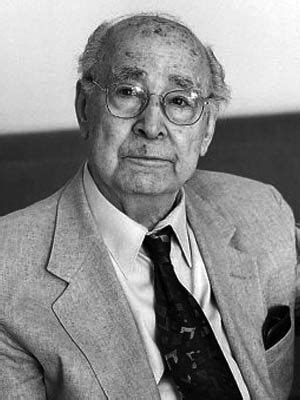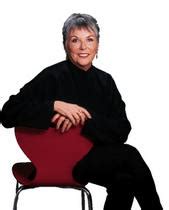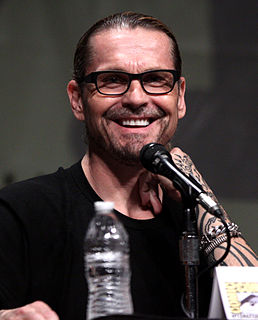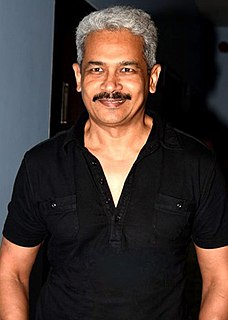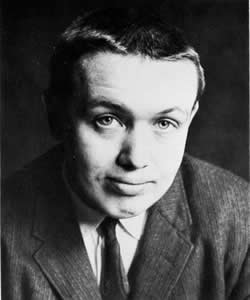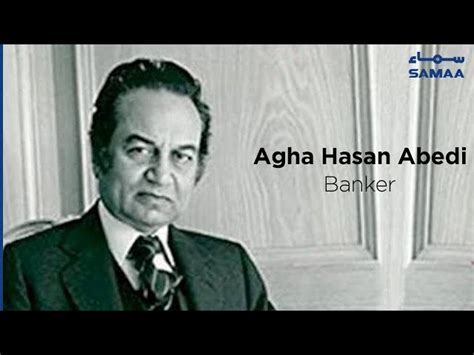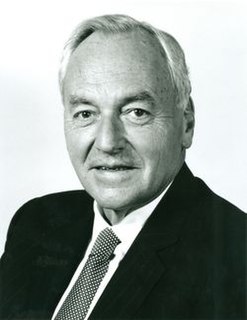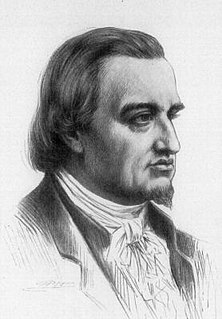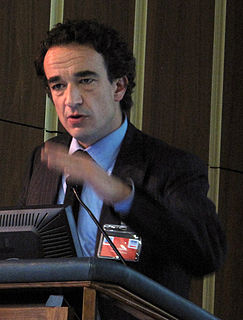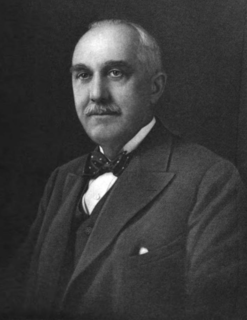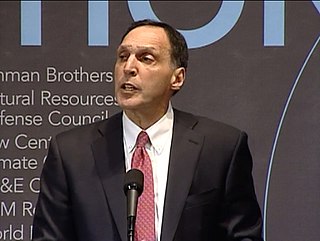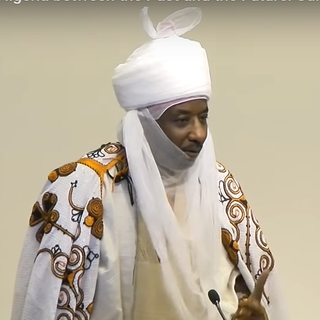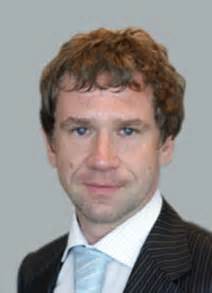A Quote by Christine Jennings
Utopian fiction is really boring. I had to read a lot of it, and it's not that much fun. But they're fascinating to me as historical documents. Cabet [Icaria's founder and author of the utopian novel, Travels in Icaria], is writing in the 1830s, and his idea of the perfect society reveals a lot about his time. But his book is uniquely bad.
Related Quotes
Passion for equality blinds the utopian to the fact that society, as a whole, is based on inequality of men in two respects: the inventor, the innovator, the exceptional man creates something new and insures continuous progress; the others emulate his work or merely improve their own lot by benefiting from his creativity.
I think that I had read so much fiction that the craft itself sort of sank into me. I didn't read any 'how to' books or attend any popular-fiction-writing classes or have a critique group. For many years into my writing, I didn't even know another author. For me, a lot of reading was the best teacher.
I often tell people who want to write historical fiction: don't read all that much about the period you're writing about; read things from the period that you're writing about. There's a tendency to stoke up on a lot of biography and a lot of history, and not to actually get back to the original sources.
If it was a biopic about Glenn Greenwald, I would have immersed myself more fully in his personal life and gotten to know him as much as I could, but because it was much more about his relationship to this particular situation, to The Guardian, to Laura Poitras, and to Ewen MacAskill, and Edward Snowden, I was able to really learn a lot about him from reading his book and reading his many articles and accounts of that time.
Working on 'Drive', a lot of fun. This is Tim Minear whom I've worked with before on 'Firefly' of course. He called me up and said, 'I've got a part for you that you will love,' and I love Tim's writing. I love his stories. I love his characters, his dialogue. He has a knack for reveals and he has a knack for moments.
Working on Drive, a lot of fun. This is Tim Minear whom I've worked with before on Firefly of course. He called me up and said I've got a part for you that you will love and I love Tim's writing. I love his stories. I love his characters, his dialogue. He has a knack for reveals and he has a knack for moments.
I don't remember reading much at all during the writing of Eileen. I go through several years-long dry spells and I don't feel like reading at all. I was working part-time for a guy in Venice, California while I drafted Eileen. He wanted help in writing his memoir. The research had a lot to do with the 60s, so that must have informed my sense of the place and time in my novel, and perhaps even the memoir point-of-view. He was also from New England. It was a fun job. I learned a lot about motorcycle clubs, Charles Manson, hopping freight trains.
He held the book up to his nose. It smelled like Old Spice talcum powder. Books that smelled that way were usually fun to read. He threw the book onto his bed and went to his suitcase. After rummaging about for awhile, he came up with a long, narrow box of chocolate-covered mints. He loved to eat candy while he read, and lots of his favorite books at home had brown smudges on the corners of the pages.
We cannot create blueprint for future society, but it is good to think about that. It is good to have in mind a goal. It is constructive, it is helpful, it is healthy, to think about what future society might be like, because then it guides you somewhat what you are doing today, but only so long as this discussions about future society don't become obstacles to working towards this future society. Otherwise you can spend discussing this utopian possibility versus that utopian possibility, and in the mean time you are not acting in a way that would bring you closer to that.
There are three infallible ways of pleasing an author, and the three form a rising scale of compliment: 1, to tell him you have read one of his books; 2, to tell him you have read all of his books; 3, to ask him to let you read the manuscript of his forthcoming book. No. 1 admits you to his respect; No. 2 admits you to his admiration; No. 3 carries you clear into his heart.

